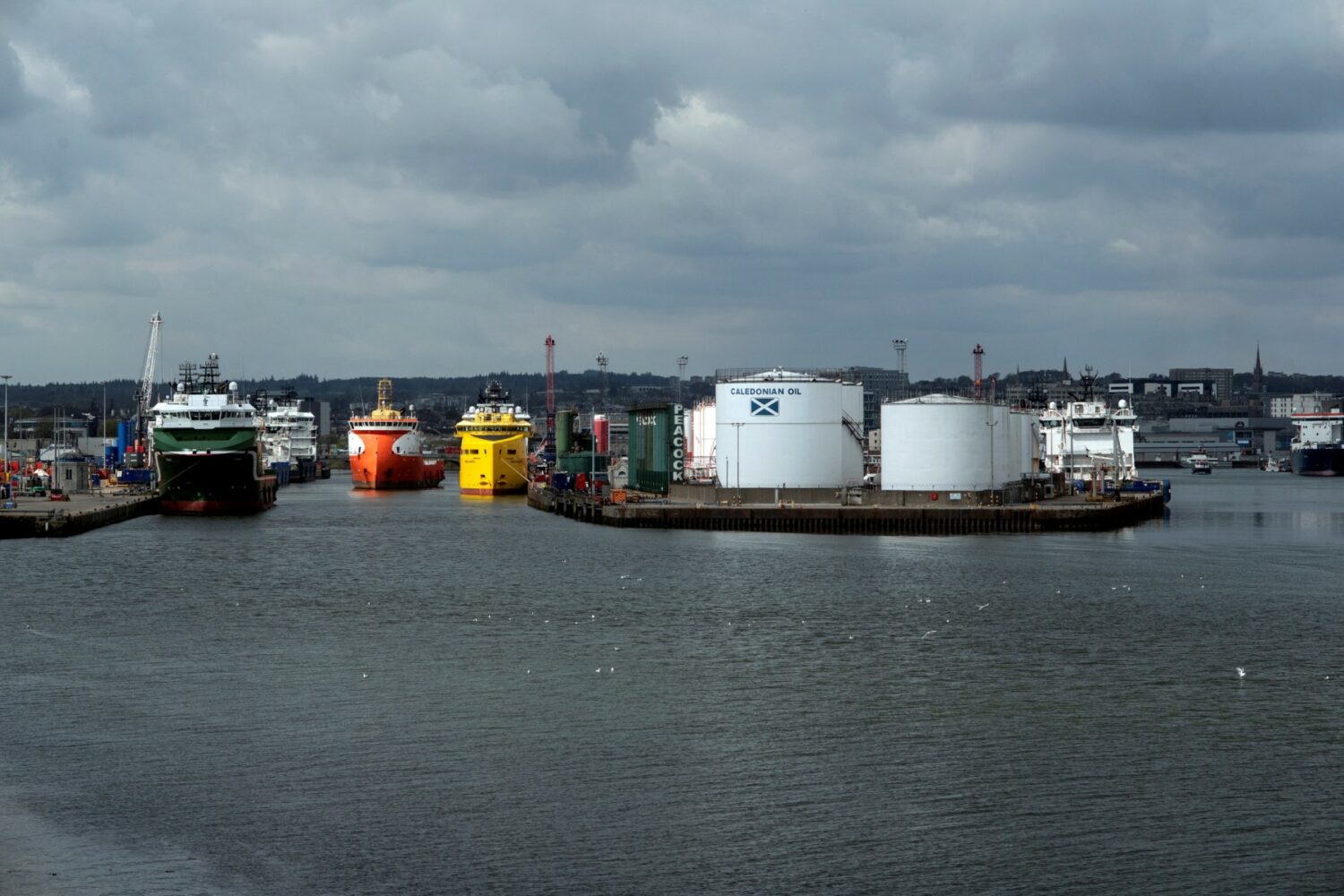LONDON, UK – The UK government on Friday said it would scrap a windfall tax on the energy sector should oil and gas prices drop to historically-normal levels for a sustained period.
The Energy Profits Levy, introduced after Russia’s invasion of Ukraine sent oil and gas prices surging, increased tax on profits from North Sea oil and gas production to 75 percent from 40 percent.
The government said it would return to 40 percent should average Brent North Sea oil fall to, or below, $71.40 per barrel for two quarters in a row.
UK gas futures would also need to drop to, or under, 54 pence (68 US cents) per therm over the same period.
It added in a statement that such levels were based on 20-year historical averages.
On Friday, Brent traded at $76.22 per barrel and UK gas at 68 pence, with both having fallen sharply in recent months as the supply situation improves.
Should prices remain above historical norms, the windfall tax would remain until October 2028 as previously announced.
The higher tax has helped the state to reduce energy bills for millions of Britons after they soared on tight supplies caused by major oil and gas producer Russia invading Ukraine.
Fossil fuel companies have argued that the windfall tax harms investment in greener energy, a necessary transition as the UK seeks to achieve a net carbon zero economy by 2050.








